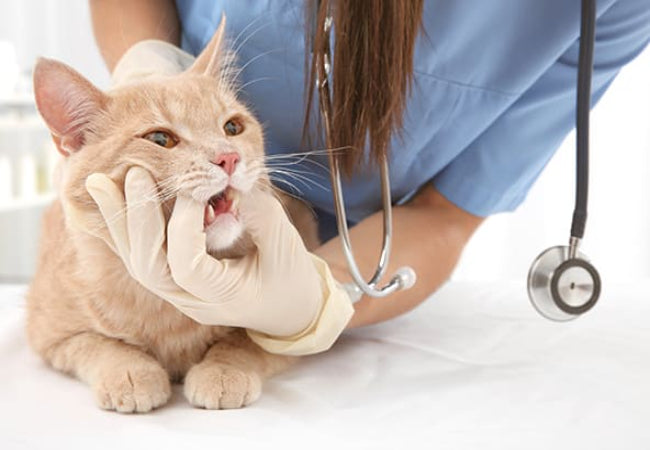What to Do If Your Cat Stops Eating 2025: Vet Advice for Appetite Loss 🐱✨

In this article
What to Do If Your Cat Stops Eating 2025: Vet Advice for Appetite Loss 🐱✨
By Dr. Duncan Houston BVSc
If your cat skips a meal, it might not seem like a big deal—but in cats, even 24 hours without food can cause serious health problems. Appetite loss is often the first sign that something’s wrong.
I’m Dr. Duncan Houston, veterinarian and founder of Ask A Vet. Here’s what to do if your cat stops eating, what could be causing it, and when to get help fast.
🍽️ Why a Cat Not Eating Is Serious
- Cats can develop hepatic lipidosis (fatty liver disease) after just 2–3 days without food
- This condition is life-threatening and requires emergency care
- Always take a loss of appetite seriously—especially in overweight cats
🔍 Common Reasons Cats Stop Eating
1. Illness or Pain
- Dental disease (tooth pain, stomatitis)
- Kidney disease, liver disease, pancreatitis
- Fever or infection
2. Stress or Environment Changes
- New home, pet, furniture, or travel
- Litter box issues or disruption in routine
3. Nausea or Gastrointestinal Problems
- Hairballs, constipation, vomiting, or IBD
4. Medication Side Effects
- Some antibiotics or pain meds reduce appetite
5. Food Issues
- New brand or flavor change
- Expired or spoiled food
👩⚕️ When to See a Vet
- If your cat hasn’t eaten for 24+ hours
- If they show signs of vomiting, lethargy, or hiding
- Sudden weight loss or dehydration
🛠️ What You Can Try at Home (While Calling the Vet)
- Warm the food slightly to enhance aroma
- Offer strong-smelling options (fish-based wet food, meat baby food without garlic/onion)
- Hand-feed or use a spoon to entice licking
- Switch to wet food or broths for hydration and interest
💉 How Vets Treat Appetite Loss
- Treat underlying cause (dental, pain, nausea, infection)
- Appetite stimulants (mirtazapine, capromorelin)
- Anti-nausea meds, fluids, and pain relief
- Syringe or tube feeding for severe cases
📦 Comfort Tools from
- Felt Cat Caves – Reduce stress and create calm feeding environments
- Grooming tools – Reduce hairballs, a common appetite disruptor
🧪 Track Eating Behavior with Ask A Vet
- Ask A Vet – Monitor feeding logs, upload photos, and speak to a vet about your cat’s condition
📋 Summary Excerpt
Cats that stop eating are at risk for serious illness. A vet explains why appetite loss happens, what you can do at home, and when to seek veterinary care immediately.
❓ FAQs
-
Q: How long can a cat go without eating?
A: No more than 24 hours without serious risk. Seek help if they haven’t eaten in a day. -
Q: Should I force-feed my cat?
A: No—unless instructed by a vet. Forcing food can cause aspiration or stress. Appetite stimulants are safer. -
Q: What’s the fastest way to stimulate appetite?
A: Warm fish-based wet food or use vet-prescribed appetite stimulants like mirtazapine.






